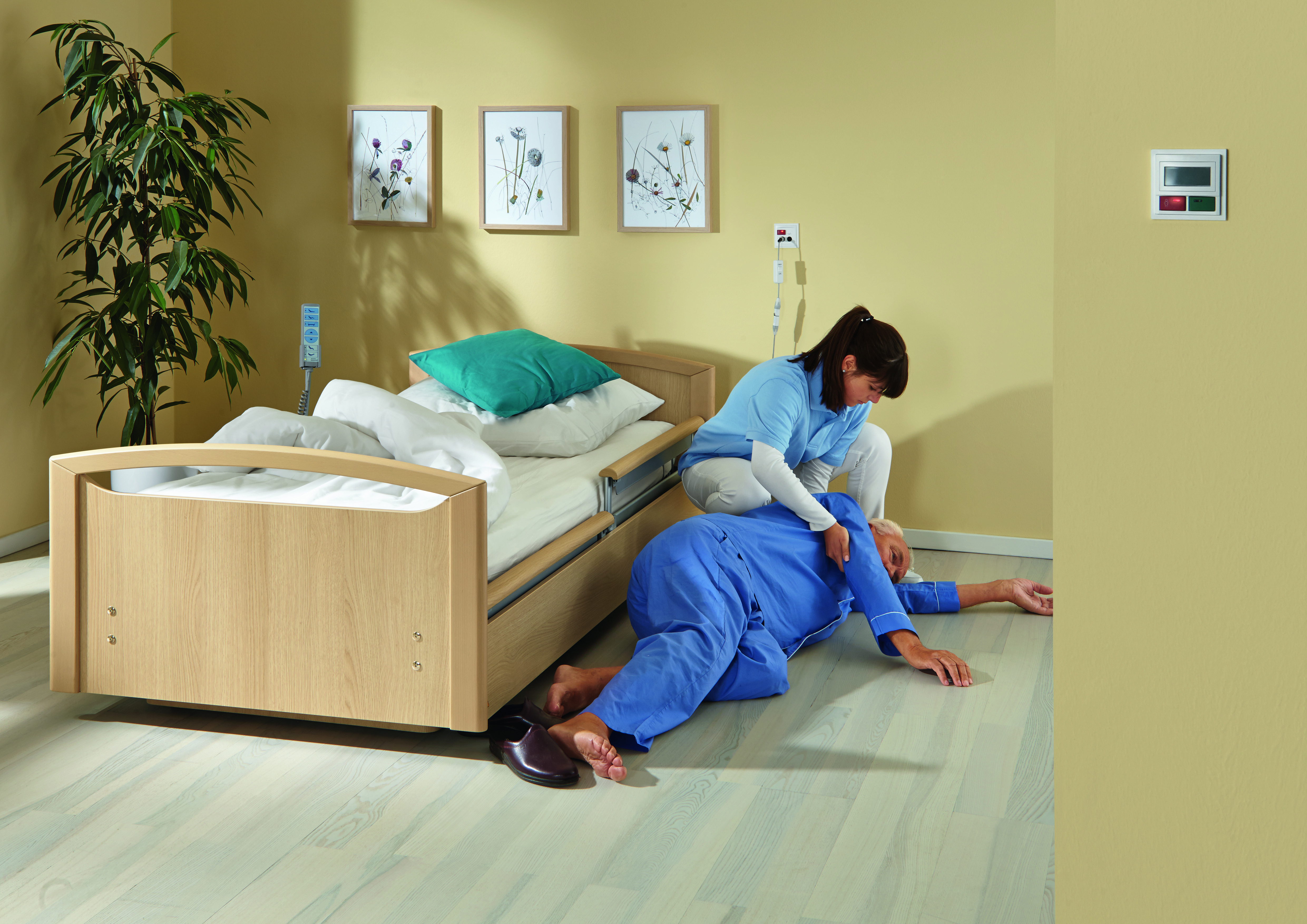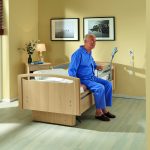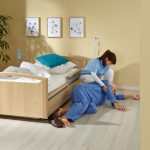In the June issue of the magazine „HEILBERUFE“, an interesting topic on „Medicines and Mobility“ was addressed. It was shown which drugs are associated with an increased risk of falling for residents and patients. An exciting topic, I think, and knowledge that I would like to share with you. Because often enough we and our elderly relatives take medicines on medical advice without worrying about possible effects.
Dr. Claudia Bruhn, a pharmacist and medical journalist, reminded all carers that if they suddenly feel insecure walking, muscular weakness or fall, they should always have their sights set on the side effects of medication, especially with newly prescribed medication. Such events are not necessarily due to diseases of the residents, but can also be caused by side effects of the prescribed drugs. The expert also stressed that, regardless of the active ingredients, there would generally be an increased risk of falling if a patient took more than five drugs.
Many medications can increase the risk of falling
It listed various medicaments which are able to increase the risk of falls by effects on blood pressure, sense of balance, musculature, fine motor skills and sight. Often elderly people are affected, who are already taking medication for longer periods of time because they are excreted more slowly, for example due to impaired kidney function:
- Sedatives and sleeping pills, which may have a residual effect on the following day due to too short a sleep or too long a duration of action of the drug, are suspected of increasing the risk of falling.
- Blood pressure-lowering drugs promote dizziness and, as a result, falls when blood pressure drops too much.
- Drainage tablets often lead to a urge to urinate at night and should therefore be administered in the morning to avoid going to the toilet at night.
- Antiarrhythmics, i.e. drugs taken to treat cardiac arrhythmias, can be associated with dizziness, concentration problems, muscle weakness, sensitivity disorders in the extremities, impaired vision, double vision and blurred vision.
- Statins, used to lower elevated cholesterol levels, are known for muscle pain and weakness or joint swelling: Complaints that can have a negative effect on gait safety.
- Antidepressants and neuroleptics: Especially with new hires for these medications, one should pay attention to a possibly increased risk of falling, especially with elderly patients.
- Anticholinergics, which are used for countless diseases, can be afflicted with dizziness, drowsiness, confusion, headaches and muscle weakness.
- Chemotherapeutics are often associated with tingling and numbness in the hands and feet, hearing loss, tinnitus and balance problems, which can lead to falls.
- Eye ointments applied before going to bed can literally „nebulize“ vision, albeit temporarily. Such a „veil in front of the eyes“ can also increase the risk of falling. Therefore, it is advisable to apply the ointment only after the last evening visit to the toilet.
- Prostate medications can also increase the risk of falls as they facilitate urine flow but can cause orthostatic dysregulation. These circulatory problems have been observed especially in the first few days after ingestion and occur mainly when getting up quickly from a lying or sitting position. It is therefore advisable to sit down or lie down again until the symptoms have completely subsided and then to stand up again in slow motion.
For all these reasons, it is worth taking a look at the patient’s medication if the patient suddenly feels insecure about walking or falls.


